
- LajmeShqipëri Maqedoni T7 Impresum
- Sport
Futboll Basketboll Sporte tjera- Op/Ed
Arte Shkurt e Shqip- Roze
Muzike TV/Film Yjet AutoTech Fun- Shneta
Keshilla Shneta tjera Ushqimi/Dieta- Te tjera
Lajme
Shqipëri Maqedoni T7 ImpresumSport
Futboll Basketboll Sporte tjeraOp/Ed
Arte Shkurt e ShqipRoze
Lajme
Shqipëri Maqedoni T7 ImpresumSport
Futboll Basketboll Sporte tjeraOp/Ed
string(112) "five-eu-member-states-foreign-ministers-call-for-urgent-debate-on-balkans-mention-visa-liberalization-for-kosovo"English

Gazeta Express
06/04/2022 14:34Five EU member states’ foreign ministers call for urgent debate on Western Balkans, mention visa liberalization for Kosovo
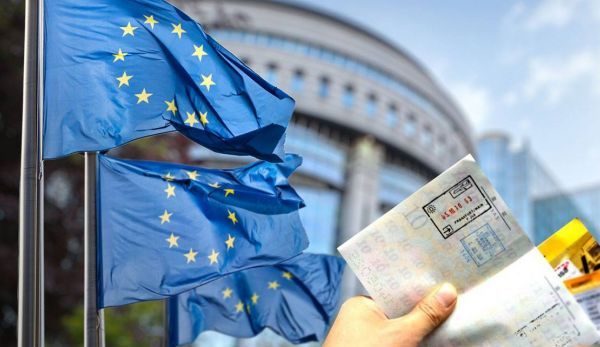
English

Gazeta Express
06/04/2022 14:34The foreign ministers of Austria, Slovenia, Slovakia, Hungary, and the Czech Republic have asked the EU foreign policy chief Josep Borrell to urgently put the Western Balkans on the agenda at the next meeting of the Foreign Affairs Council, calling Balkans “a region of a particular importance,” Gazeta Express reports.
In their letter to Borrell, they said that given the war in Ukraine and the impact it could have on EU countries, the Foreign Affairs Council should discuss a strategy for the Western Balkans at their meeting in April. “Just a few weeks after our last discussion on the Western Balkans, the geopolitical situation has undergone a major shift due to Russia’s unprovoked and unjustified aggression against Ukraine,” the ministers wrote. “In this context, the Western Balkans is of particular importance given its key strategic position as a region surrounded by EU member states.” The ministers praised Borrell’s visit to Skopje, Tirana, and Sarajevo in March, saying that “the visit demonstrated the European bloc’s strong commitment to the Western Balkans.” “The EU must do its utmost to prevent the detrimental effects of the attack on Ukraine in the Western Balkans. It is even more urgent than ever to give a boost to the region’s EU integration process,” the letter said. Specifically, the ministers called for speeding up the visa liberalization process for Kosovo, launching membership negotiations with Albania and North Macedonia, granting Bosnia and Herzegovina candidate status, and speeding up the negotiation process with Montenegro and Serbia. They also called for an increased practical cooperation with the Balkan states, as well as assistance to these countries to cope with the economic consequences caused by Russian aggression, in particular due to the raised prices of food and other products.
Të tjera nga rubrika
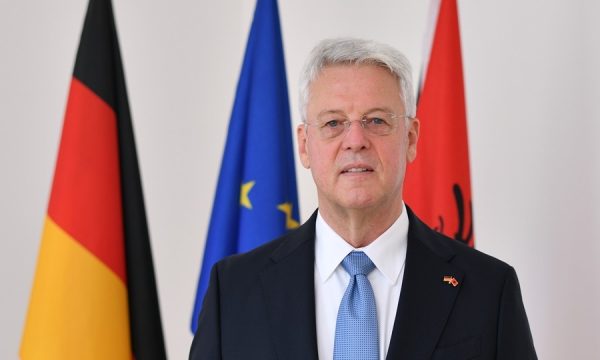
Kaosi në Kuvend, ambasadori gjerman në Tiranë: Parlamenti të plotësojë rolin e tij kushtetues
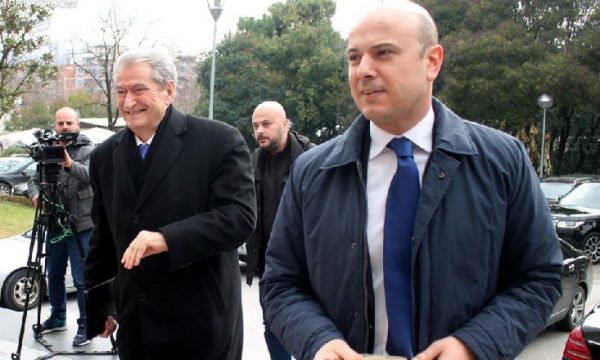
Akuzat/ Sa vite burg rrezikojnë Sali Berisha dhe dhëndri i tij Jamarbër Malltezi
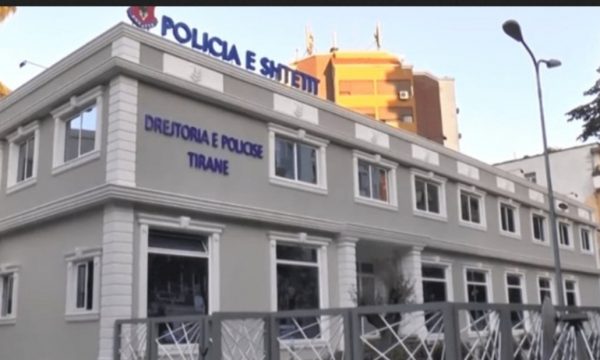
Tronditet Tirana! 37-vjeçarja vritet me thikë nga e motra pas një konflikti (EMRAT)
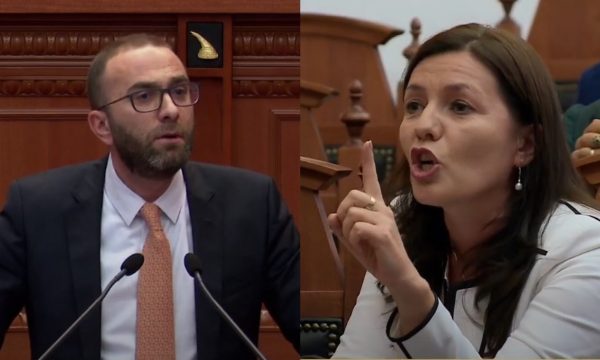
Debat i ashpër në Kuvend, Bardhi përplaset me Felajn: Familje hajdutësh, gore, mbylle gojën

Luizi i propozoi për martesë Kiarës, Olta: Nuk e kanë të gjatë

Aksident në aksin Lezhë-Milot, ambulanca përplaset me Ford-in, një i plagosur
Te fundit

Fito udhëtim në çift me IP Petrol!

Akuzoi në “Favorit” dhe u përfshi në incident, Batatina dënohet me tri ndeshje dhe 500 euro
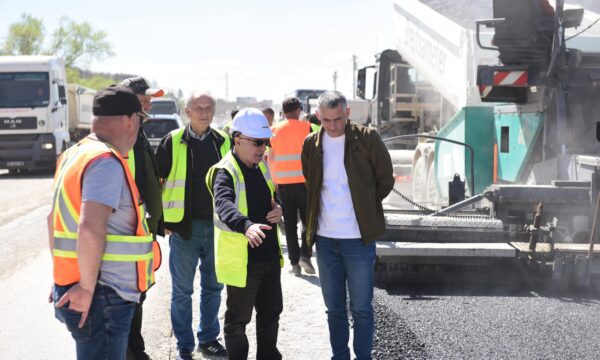
I ftuar nga Prokuroria për intervistim, Durmishi e përdor OSHP’në si mburojë: Na dhanë të drejtë
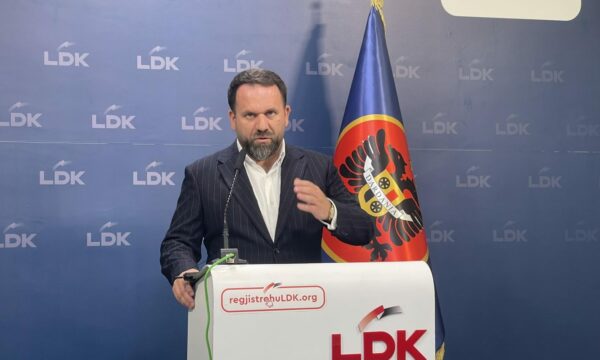
Vlerësimi kreditor për Kosovën nga Fitch Ratings, Rukiqi: Lajm i mirë, por asgjë për t’u krenuar – në fakt duhet të shqetësohemi

Gjeni produktet që ju nevojiten për kopshtin tuaj!

FFK-ja dënon Dritën me 4 ndeshje pa tifozë dhe me 1500 euro gjobë
✕
- Sport
 Edicioni
Edicioni
 t7 live
t7 live







